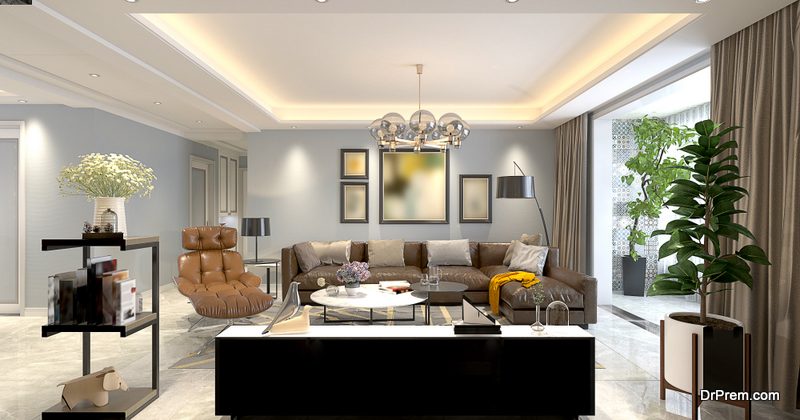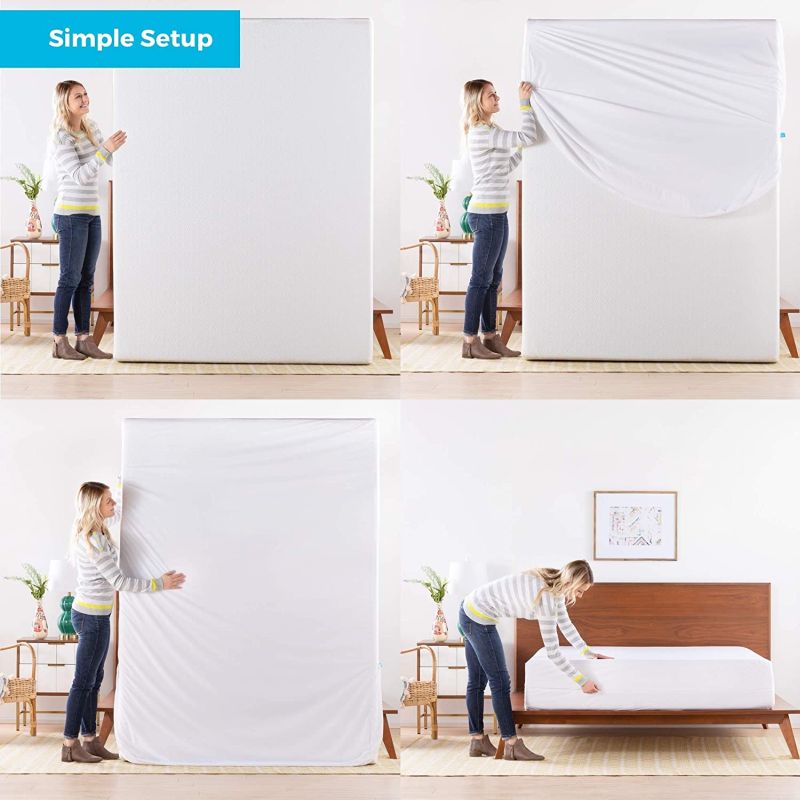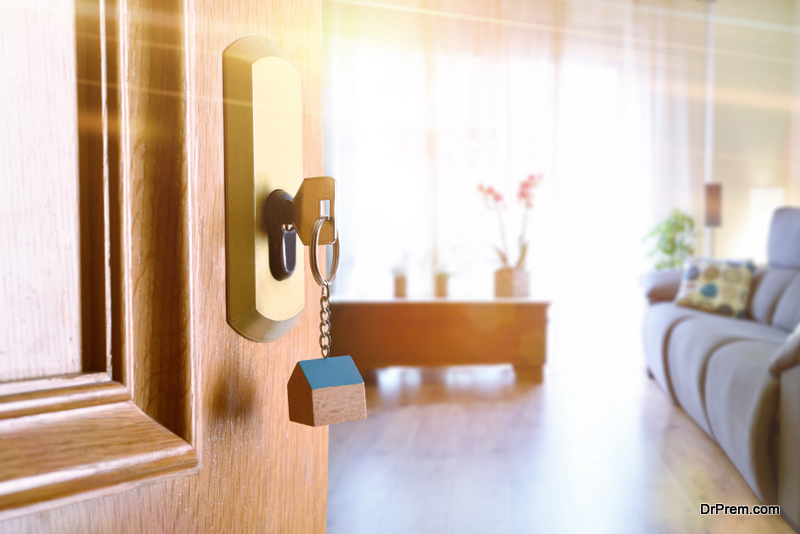Are you considering renting your home fully furnished? It’s not a bad idea. Renting a fully furnished home can net you a higher monthly rent than other similar homes in the neighborhood. You don’t even need high-end, solid oak furniture to charge more.
Tenants look for furnished rentals for all kinds of reasons. Some people can’t afford to buy new furniture and other people, like college students, prefer not to own anything large that has to be moved in a truck.
Renting a fully furnished home isn’t the same as a standard rental, so here are some tips to make it work.
1. Only perform necessary remodels before renting a furnished home
 Are you thinking about remodeling your kitchen with reclaimed wood to match your dining room table and chairs? While it seems to make sense that a remodel would attract more renters, it’s usually a bad investment.
Are you thinking about remodeling your kitchen with reclaimed wood to match your dining room table and chairs? While it seems to make sense that a remodel would attract more renters, it’s usually a bad investment.
It’s not advised to perform a remodel before renting your home unless part of your home is falling apart or unlivable. For instance, if your bathroom is awkward to use because the toilet and sink were installed in a bad position, it makes sense to remodel your bathroom. However, remodeling your kitchen to match your dining room decor doesn’t make sense and it won’t be a deal-breaker.
Most investors agree that remodeling your home prior to renting it out is a bad investment. For instance, say you spend $30,000 remodeling your cabinets and countertops. New cabinets and counters don’t justify charging a higher rent, which makes it a bad investment.
2. List every piece of furniture in your lease
No matter how much or how little you paid for your furniture, always list each piece in your rental agreement and take photos for reference. For example, you might provide tenants with a couch, a loveseat, a kitchen table and chairs, a bed, and a dresser. All of these items will cost you money to clean, repair, or replace. Listing everything in your lease gives you legal recourse to charge a tenant for damaged or missing furnishings.
Photos will help you prove the condition of the item when the tenant moved in. If you continually rent to tenants after each move-out, your furnishings will become worn from normal wear and tear. However, if your tenant’s cat pees on the sofa or their child rips the couch apart, that damage can be recovered from the security deposit.
3. Fill your home with comfortable furnishings
 Your furnishings should look good, but not at the expense of comfort. Most people renting a furnished house or apartment prefer comfort over aesthetics. Renters who care more about aesthetics don’t usually look for pre-furnished rentals; they have their own special furniture.
Your furnishings should look good, but not at the expense of comfort. Most people renting a furnished house or apartment prefer comfort over aesthetics. Renters who care more about aesthetics don’t usually look for pre-furnished rentals; they have their own special furniture.
Couches should have good back support, but shouldn’t be too stiff. If you wouldn’t sit on a couch to watch your favorite movie, it’s probably too stiff.
4. Furnish your home with washable items
After considering cost, consider how easily you can wash the furnishings you plan on buying. For example, microsuede couches are extremely easy to clean and can be shampooed with a handheld carpet cleaner.
5. Require tenants to use mattress protectors
 If you’re furnishing a rental home with a bed, require your tenants to keep a waterproof mattress cover on the mattress at all times. Obviously, they can remove the cover to wash it, but require its use in the lease.
If you’re furnishing a rental home with a bed, require your tenants to keep a waterproof mattress cover on the mattress at all times. Obviously, they can remove the cover to wash it, but require its use in the lease.
Get a waterproof mattress cover that doesn’t feel or sound like plastic. Your tenants will be less likely to stop using the mattress cover if it’s not that noticeable. You can also let your tenant buy their own cover, but it’s risky because good waterproof covers aren’t cheap. They might buy the cheapest cover they can find that ends up not protecting the mattress.
6. Stash some extra mattresses with varying firmness
Tenants looking for a furnished rental know they can’t be picky about the mattress they get. However, they’ll be thrilled to know they can choose a firm or soft mattress.
Get at least two different mattresses – one soft and one firm. If you can, get one in the middle. Allowing tenants to choose their mattress will extend the life of your mattresses and make them happy. Happy tenants are more likely to pay rent on time and report repairs.
Verify your state’s landlord-tenant laws
Some states, like California, have different rules for security deposits for furnished and unfurnished units. Before renting a furnished home, make sure your lease agreement aligns with your state’s landlord-tenant laws.
Article Submitted By Community Writer




